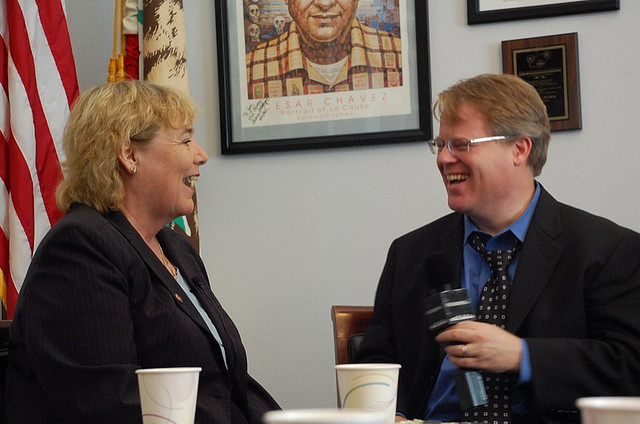
In October of 2013, California made history when it became the first most populous state in the nation to sign a bill into law which allows undocumented immigrants to obtain a California driver’s license. This measure, Assembly Bill 60, was signed into law by California Governor Jerry Brown and was passed in an effort to make the roads safer. Through this piece of legislation, the Department of Motor Vehicles, was required to begin issuing driver’s licenses to undocumented immigrants beginning January 01, 2015.
Early this month, the Obama administration informed California state officials that the design of these California driver’s licenses was found to be against federal law, based on the fact that the design of these new drivers’ licenses appear much too similar to California driver’s license’s issued to law abiding residents.
Since September 11, 2011, federal law has required that state licenses issued to unlawful residents be easily distinguishable from all other forms of identification that can be used for the purpose of boarding commercial airplanes. The Department of Homeland Security recently issued a letter to California’s Department of Motor Vehicles regarding the problematic design alleging that the letters ‘DP’ signifying ‘Driving Privilege,’ placed on the front of these new driver’s licenses, in replacement of ‘DL’ signifying ‘Driver’s License,’ which appears on the front of driver’s licenses issued to law abiding residents, did not meet the federal standard of being easily distinguishable from drivers licenses issued to law abiding residents. Additionally, DHS wrote that the licenses, “must clearly state on the face and in the machine readable zone that they may not be accepted for federal purposes.”

 Visa Lawyer Blog
Visa Lawyer Blog











